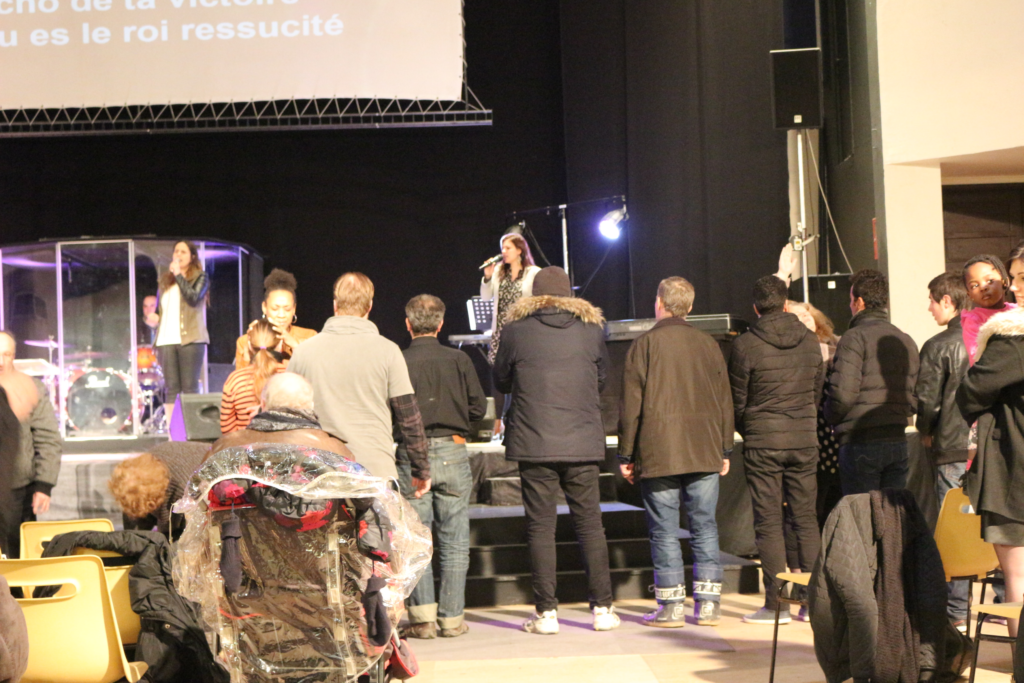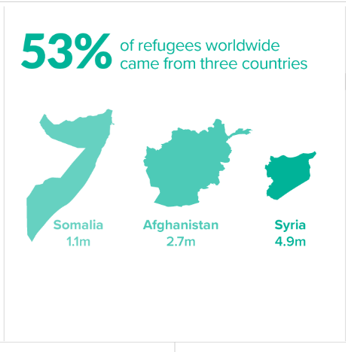New deals aimed at reducing the number of migrants reaching Europe’s shores could endanger the lives of people fleeing religious persecution, the European Evangelical Alliance (EEA) has warned.
The Partnership Framework on Migration was launched last year as the European Commission’s response to member states’ requests for a strategic approach to migration. The framework, or compact, aims to reduce the number of migrants seeking to settle in Europe, reduce the number of migrant deaths in the Mediterranean, and to combat the thriving human trafficking trade.

However the EEA said it had “many human rights concerns” about such frameworks. “People persecuted for their religion or belief, or [who] may have changed religion or belief as migrants in Europe, could be stuck or sent back to places known for their poor human rights records,” the group warned. Such destinations could also be “particularly dangerous when it comes to freedom of religion or belief,” it added.
The EEA, which comprises Evangelical Alliances of European countries and pan-European mission agencies, issued their warning ahead of a meeting of EU foreign ministers on Monday (June 19) in Luxembourg, where more compacts are expected to be discussed and agreed.

“Countries prioritised for these agreements, which our governments will sign, are places where human rights violations, including religious freedom, are widespread,” the EEA said.
In a 13 June press release, European Commission Vice-President Federica Mogherini said the Partnership Framework on Migration “has brought tangible progresses, among others on the fight against traffickers. And on assisted voluntary returns: since the beginning of 2017 more than 4,000 migrants voluntarily returned from Libya to their countries of origin.”
However, the EEA argued that 11 out of the 16 priority countries to which the EU wants to return migrants feature in the Open Doors’ World Watch List of the 50 countries where it is most difficult to be a Christian. Six rank in the top 10 countries for extreme persecution of Christians: Afghanistan, Pakistan, Somalia, Eritrea, Sudan and Ethiopia.
Separately, the EEA argued that refugees who are able to reach Europe face a “double penalty” – if they came from a religious minority – of both violence at home and, after they had fled, harassment in camps.
“Refugees bring their own culture and, as a result, reception centres and refugee camps are microcosms of their own,” noted a report on a 31 May briefing at the EU Parliament in Brussels.
Participants at the briefing, hosted by two MEPs, recommended that officials allotting accommodation to refugees should identify converts to better protect them; and that they should “prevent the implementation of sharia law within refugee camps”.
By automatically rejecting asylum applications of refugees from countries with a Compact agreement (even though these countries are considered ‘safe’), the European Union moves away from terms of the UN Convention on Refugees that guarantees a fair and equitable proceeding of all asylum seekers’ cases. Moreover, it goes against the protection of freedom of religion when refugees are forced to return to their home countries without being able to make the case of “a well-founded fear of persecution”.
